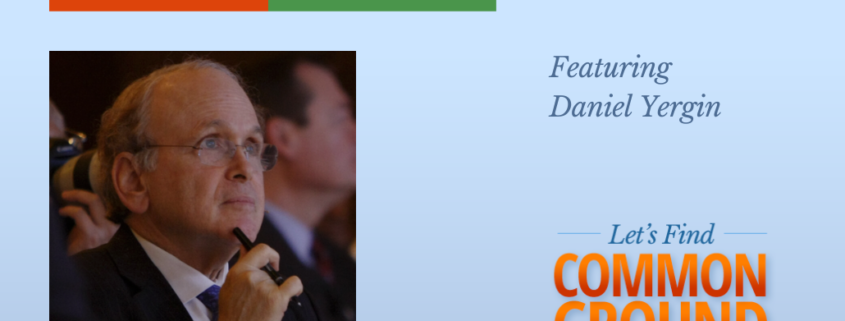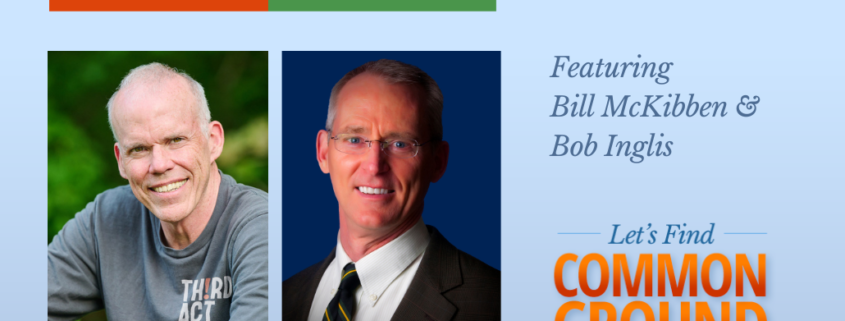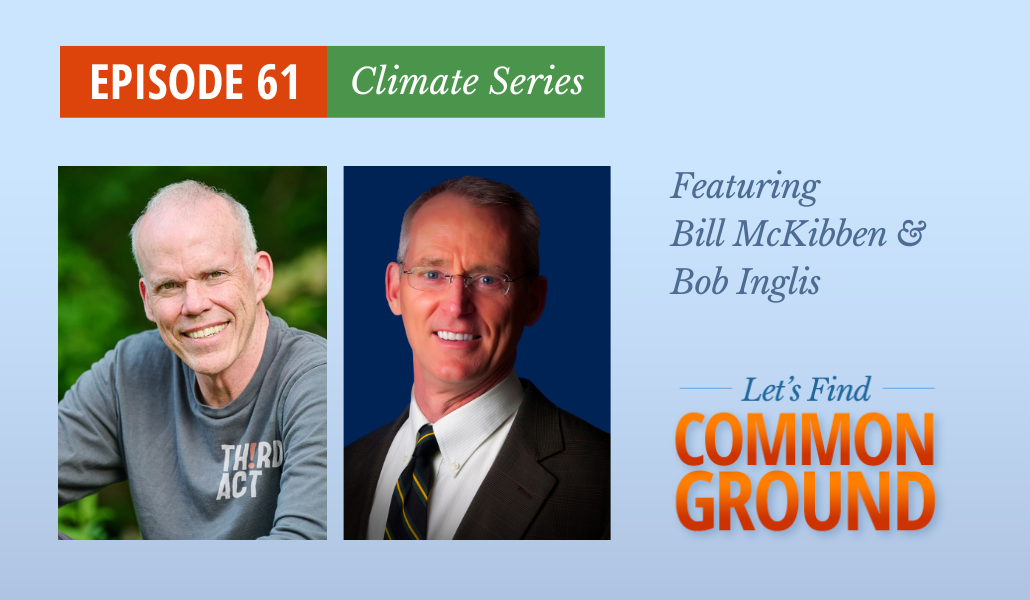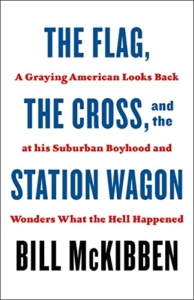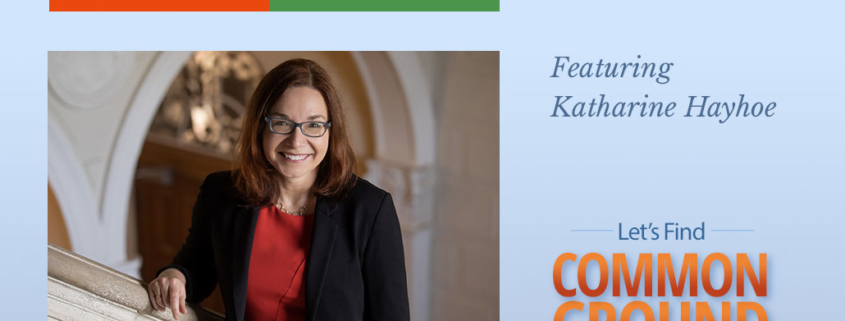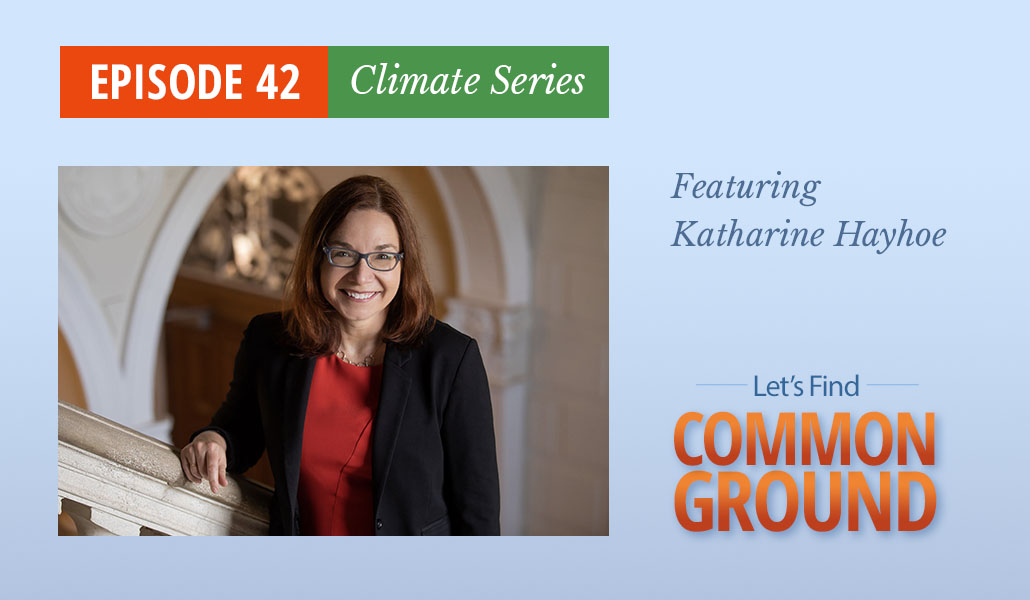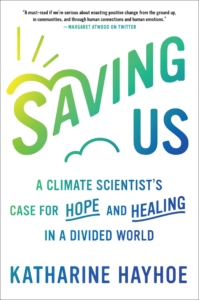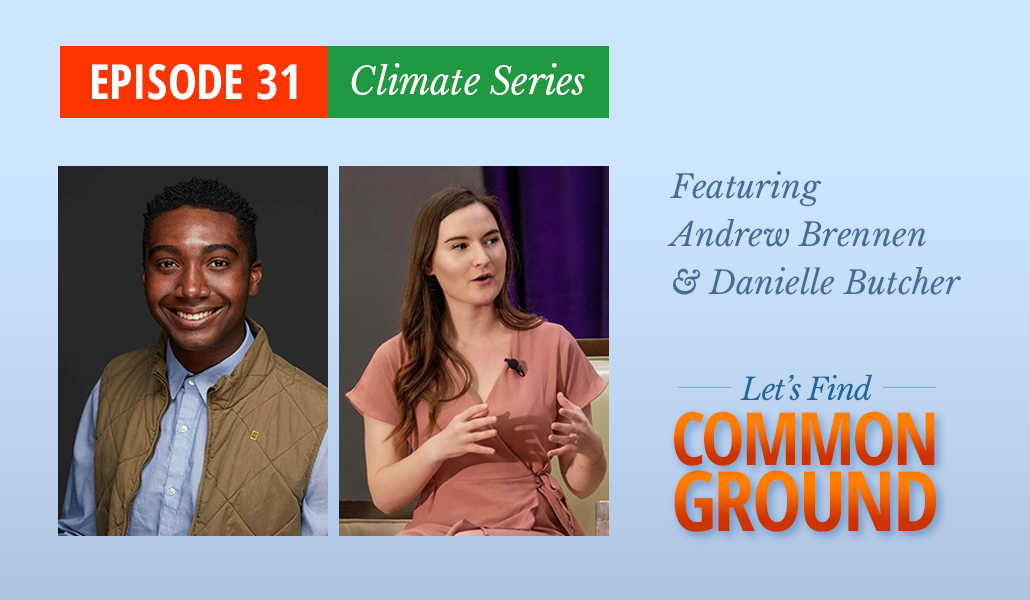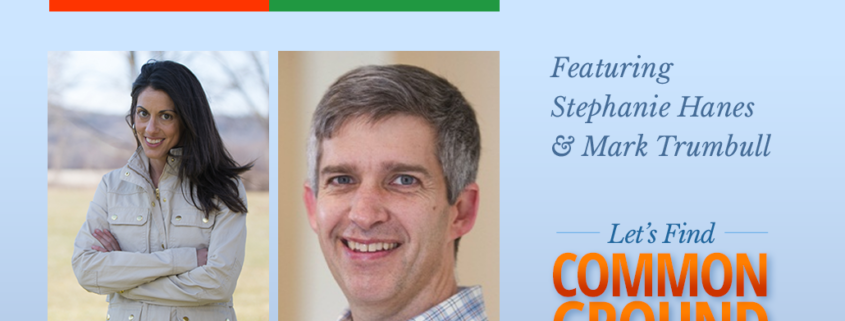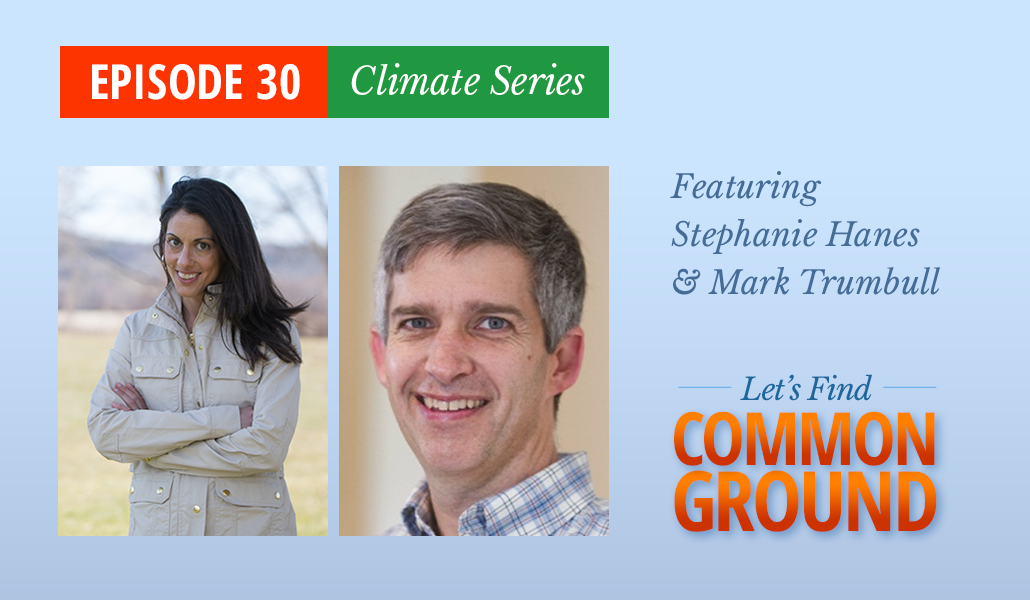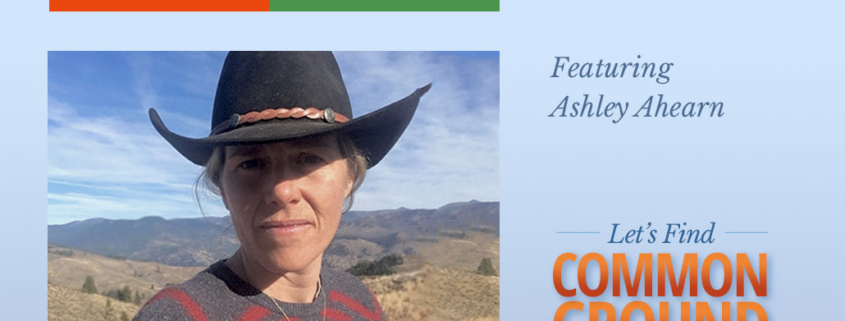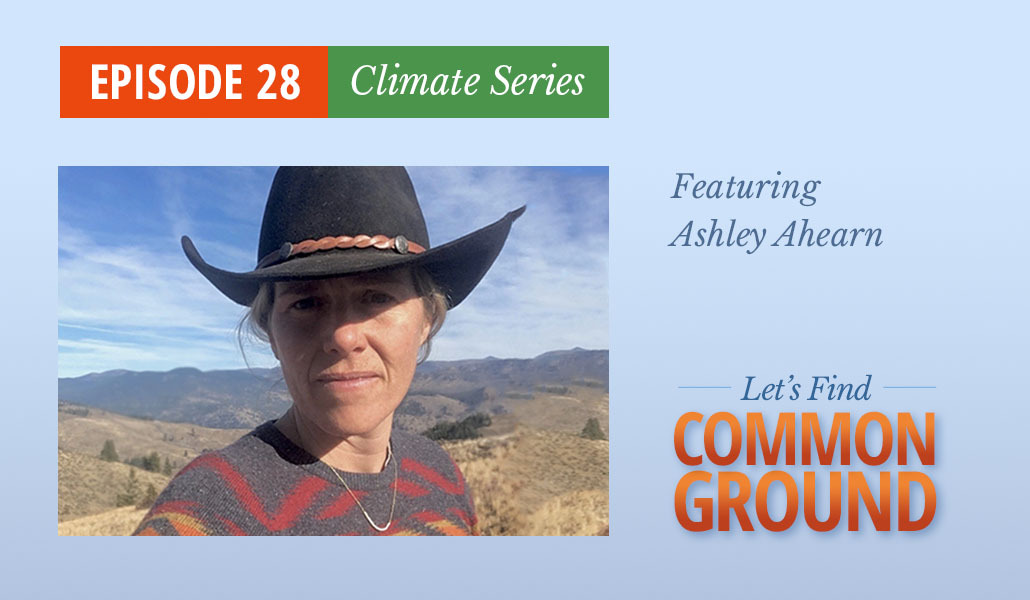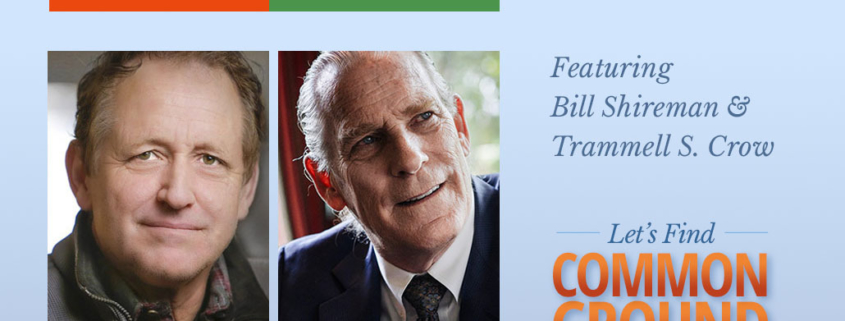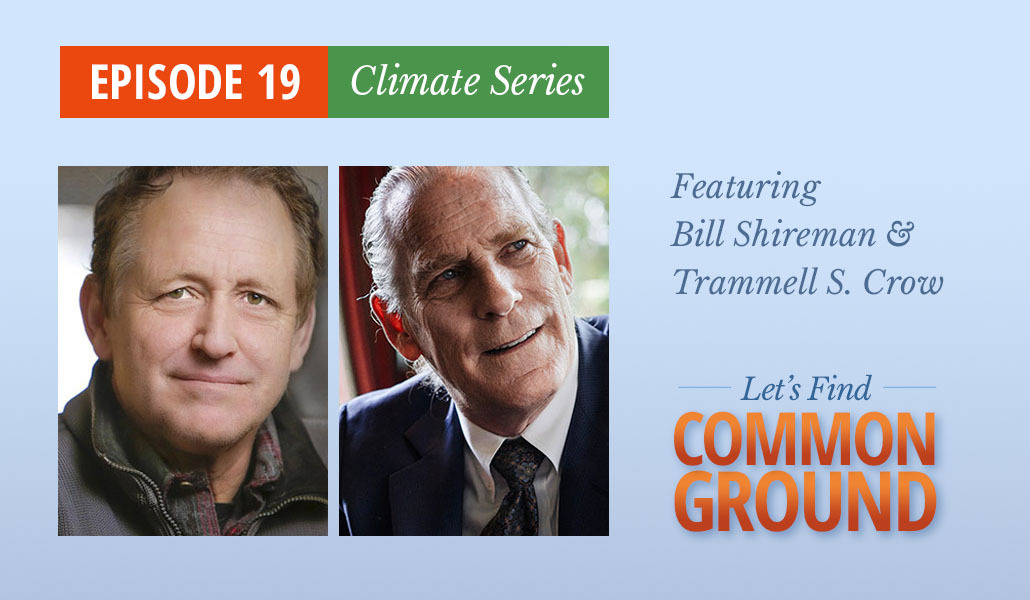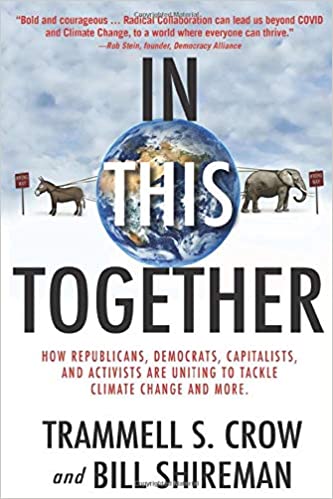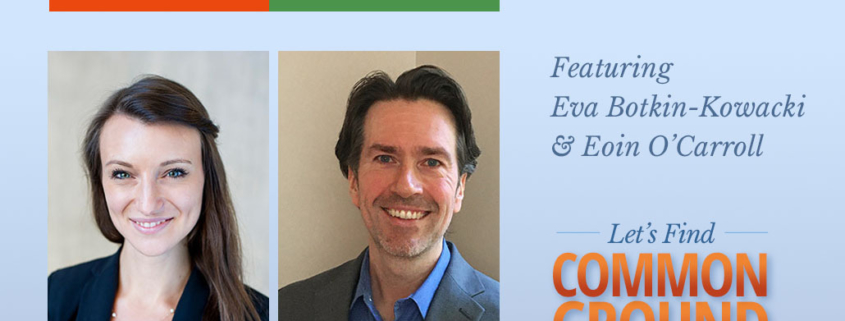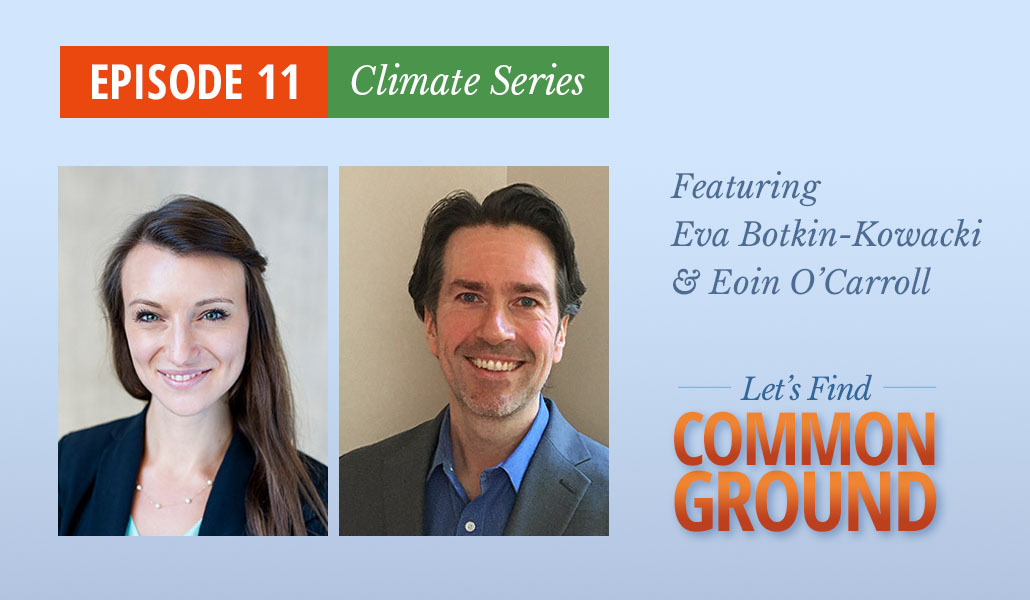Energy, Climate, and National Security: The New Map

Subscribe to the Podcast
Can the global energy crisis be solved? An expert assesses the evolving challenges and opportunities.
The world is being shaken by a collision of energy needs, climate change, and clashes between nations in a time of global crisis — made much worse by Russia’s all-out invasion of Ukraine. Roaring inflation has shocked consumers, the Biden Administration, and other governments around the world.
In this episode we discuss the rapidly growing challenges of national security as well as opportunities for common ground with Pulitzer Prize-winning author Daniel Yergin, one of the world’s foremost experts on energy, international politics and economics.
We examine the reasons behind President Biden’s latest visit to Saudi Arabia, Europe’s rapidly growing dependence on U.S. oil and natural gas, and the changing threats to the West from Russia and China. Daniel Yergin’s book The New Map: Energy, Climate and the Clash of Nations led to his selection as Energy Writer of the Year by the American Energy Society.
Read the Episode Transcript
Ep 62 – Energy, Climate, and National Security: The New Map
Daniel Yergin
Daniel Yergin is a highly respected authority on energy, international politics, and economics. He is Vice Chairman of IHS Markit, one of the world’s largest research and information companies; and chairman of CERAWeek, which CNBC has described as “the Super Bowl of world energy.”
He has served on the US Secretary of Energy Advisory Board under the last four presidents. He is a member of the Energy Policy Council of the Dallas Federal Reserve, a director of the Council on Foreign Relations and a senior trustee of the Brookings Institution. He also serves as a member of the National Petroleum Council, a director of the United States Energy Association, and of the US-Russia Business Council.
Dr. Yergin holds a BA from Yale University, where he founded The New Journal, and a PhD from Cambridge University, where he was a Marshall Scholar.
He is the recipient of a Lifetime Achievement Award from the Prime Minister of India, and the first James Schlesinger Medal for Energy Security from the U.S. Department of Energy. Among other honors, he was also awarded the United States Energy Award for “lifelong achievements in energy and the promotion of international understanding,” and the Charles Percy Award for Public Service from the Alliance to Save Energy.
In addition to his latest book The New Map: Energy, Climate, and the Clash of Nations, Dr. Yergin also authored the bestseller The Quest: Energy, Security, and the Remaking of the Modern World. He is known around the world for his book The Prize: the Epic Quest for Oil Money and Power, which was awarded the Pulitzer Prize.
Want to hear more? Check out our podcast page to see all the discussions!

